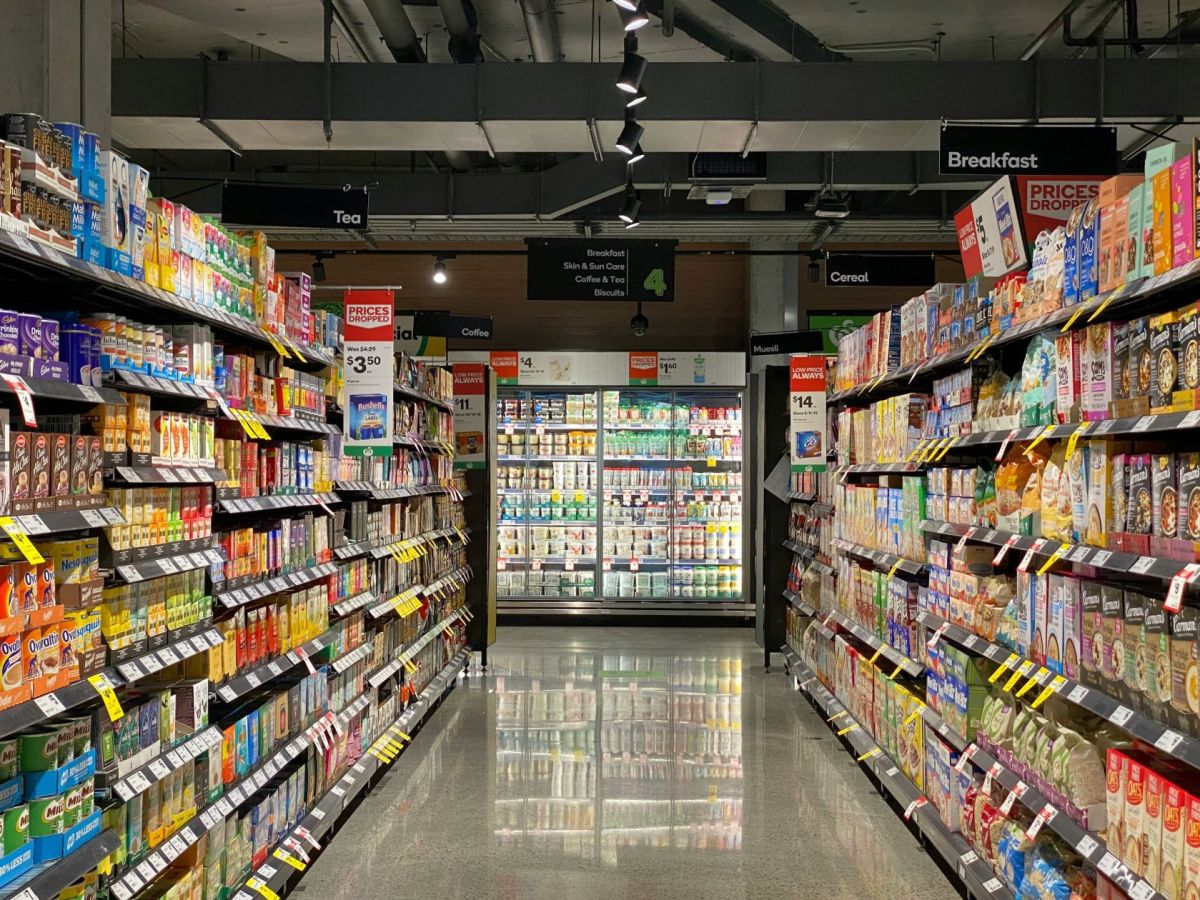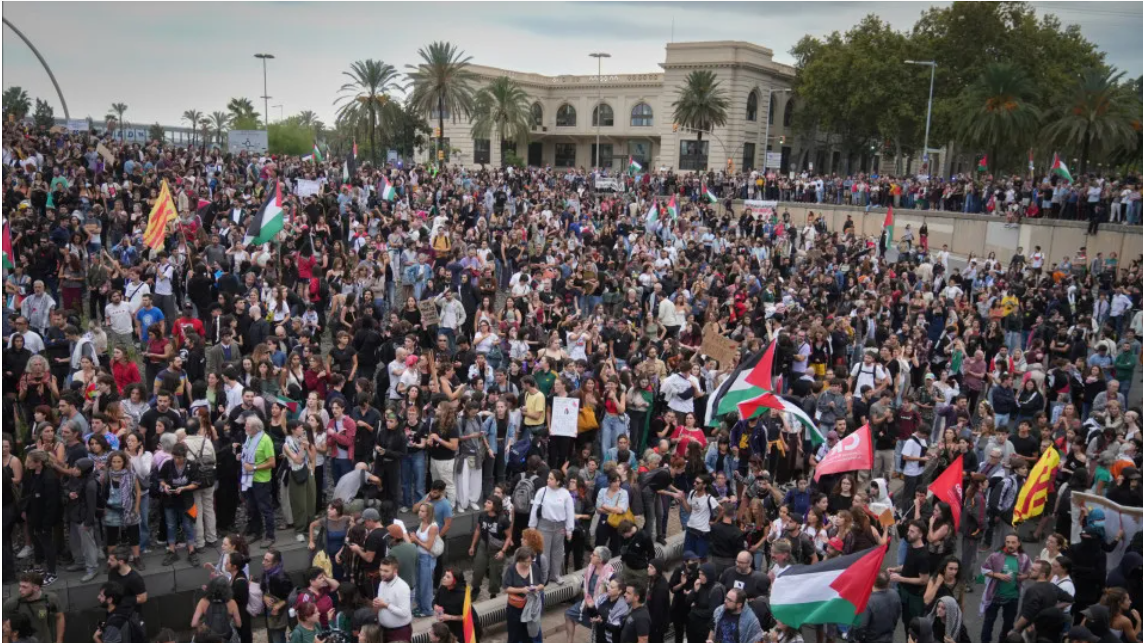“The joint Europol-Interpol OPSON operation, carried out annually, resulted in the seizure of counterfeit and substandard food products worth €91 million in 2024,” the European Union Intellectual Property Office (EUIPO) said in a statement.
Quoted in the same note, the institute's executive director, João Negrão, stressed that counterfeit food and beverages are a public health concern, arguing that compliance with quality standards is a battle that must be fought jointly by authorities, producers and consumers.
Brussels warned that, in particular, the counterfeiting of alcoholic beverages remains a problem, with counterfeiters reusing original bottles or printing fake labels.
According to EUIPO data, the wine and spirits sector was one of the most affected by counterfeiting between 2013 and 2017.
During this period, €2.289 billion in sales were lost and almost 5,700 jobs were destroyed annually in the EU due to counterfeiting.
In turn, the loss of tax revenue from these products amounted to €2.068 billion.
Between 2019 and 2020 alone, China and Turkey were among the main countries of origin of counterfeit food and beverages seized at the EU's external borders.
The EUIPO has launched the “What's on your table?” campaign, which provides consumers with advice on how to protect themselves against counterfeit products.
In this regard, consumers should buy from official retailers and distribution channels, check the product label and its origin, look for Protected Geographical Indication (PGI) labels and examine the product packaging.
The EU has more than 3,600 products registered with PGI, with France, Italy and Germany standing out in their production and consumption.
The EUIPO, based in Alicante, Spain, has been managing the registration of EU trademarks since 1994 and designs or models since 2003.
This institute also carries out cooperation activities to create conditions for fair competition.










